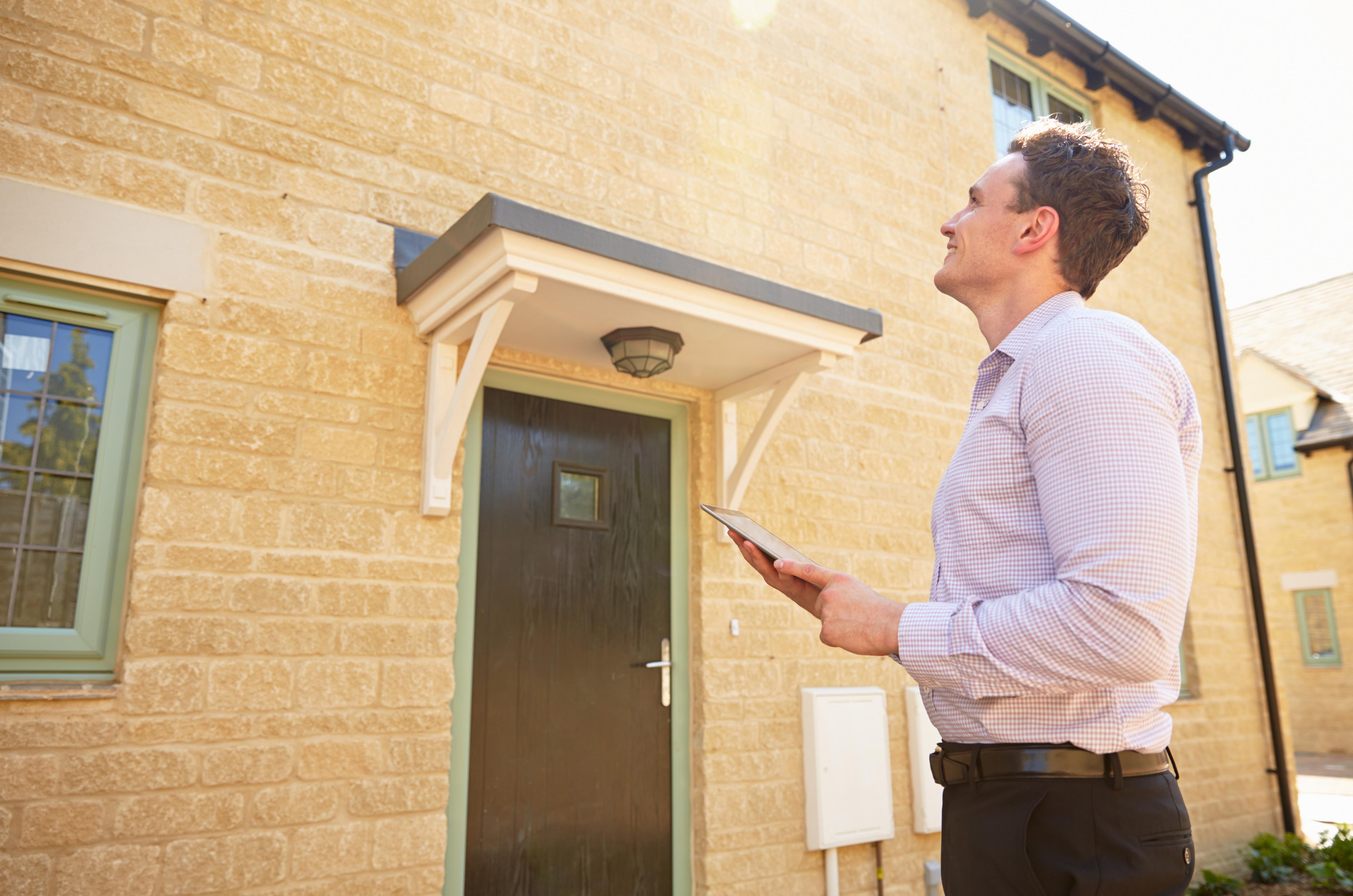
Updated: Oct 24th, 2025
Auction House London looks at the top mistakes to avoid when buying property at auction
The exciting prospect of securing a profitable investment is often the very thing that brings people to the bidding table in the first place. It can be an exhilarating feeling. But auctions are not as simple as clicking a button to seal the deal. Without preparation, the dream scenario can quickly become a nightmare, and a costly one at that.
That is why Auction House London is here to help you navigate the process like a pro, we explain the top mistakes to avoid when you buy property at auction.
Not doing your homework
Bidding at auction without research is not advisable. Each property is supported by a legal pack containing key documents such as title deeds, lease information and details on planning permissions. Skipping this step could leave you with a property that has hidden costs or restrictions that you have not taken into consideration when you set your bidding strategy.
Enlisting a solicitor to review the legal pack is invaluable. For instance, properties may come with outstanding charges, restrictive covenants, or even disputes that could become your responsibility. Viewing the property either in person or virtually is equally essential. All auction properties are often sold as-is, which can mean anything from peeling wallpaper to serious structural issues.
Letting your budget slip
It’s easy to get caught up in the excitement of bidding, but overspending is a classic pitfall. Set a hard maximum bid before the auction and stick to it. Remember, the hammer price is just the start, and you will need to factor in any auction fees, potential renovation costs, stamp duty and other legal expenses.
Unlike conventional purchases, auctions demand a deposit of usually 10% of the purchase price immediately. The rest is typically due within 28 days, so make sure your financing is secure before bidding. Being prepared saves you from the disappointment of winning a bid only to find you can’t complete the purchase and thus risk losing the deposit.

Overlooking the neighbourhood
That charming fixer-upper might seem like a steal until you realise the area isn’t quite what you hoped. A little detective work goes a long way. Try to visit the area to check transport links, schools and local amenities, and investigate any future developments that could affect the property’s value.
If you’re looking to buy-to-let, then dive into the local rental market to get a food gauge on tenant demand and typical rents, as well as the area’s general appeal to renters. This will help prevent you from ending up with a property that’s hard to fill.
Skipping a survey
Auction properties often come with quirks, with some charming and others not so much. While the legal pack might provide some clues, commissioning a survey offers a deeper dive into the property’s condition. The likes of damp, subsidence or outdated wiring might not be visible at first glance but could add thousands to your eventual costs.
A survey ensures you bid with full knowledge of what you’re taking on. It’s an investment that could save you from unwelcome surprises later.

Underestimating the auction process
If you’re new to auctions, the pace can be overwhelming as once the hammer falls, the sale is legally binding and there’s no cooling-off period. This is why preparation is everything. So, arrange your finances, familiarise yourself with the auction house and any terms, and understand the process inside and out.
Chasing a bargain at all costs
The auction environment is designed to generate excitement, but a bargain isn’t always what it seems. Properties priced attractively often require significant investment to reach their potential. Always be realistic about what you can take on, both financially and in terms of time investment too.
Weighing affordability against feasibility is the key. A property that’s cheap to buy but expensive to renovate might not be the smart investment it initially appears to be.
Missing pre-auction and post-auction opportunities
Auction day isn’t your only chance to secure a property. Sellers sometimes accept offers before the auction, allowing you to bypass the competition. Similarly, unsold lots may be available after the auction, often at negotiable prices.
Exploring these options can provide flexibility and a more measured approach, particularly for first-time auction buyers.
How to buy smarter at auction
Property auctions are a brilliant way to secure unique homes or investments, but they require preparation, clear thinking and a willingness to learn. By avoiding the common mistakes outlined above, and working with experienced professionals, you can maximise your chances of success while minimising risks.
At Auction House London, we are here to guide you through every step, ensuring your auction experience is not only smooth but rewarding. With the right knowledge and a clear strategy, you’ll turn your auction dreams into reality.
If you have any questions about buying property at auction, then contact our team of auction professionals. You can also browse through the lots listed in our forthcoming auction to see what’s currently available via Auction House London.
